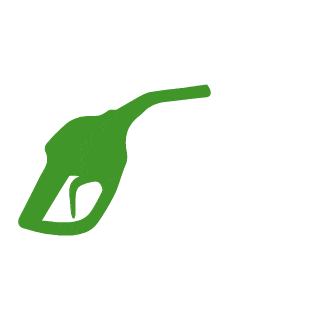Through the business aviation commitment on climate change (BACCC)
Developed in 2009 by the General Aviation Manufacturers Association (GAMA) and the International Business Aviation Council (IBAC) on behalf of the manufacturers and operators of Business Aviation worldwide, the Business Aviation Commitment on Climate Change (BACCC) represents an aggressive strategy for CO2 emissions reductions to 2050.
The BACCC has three goals

Improving fuel efficiency 2% per year from 2010 to 2020

Achieving carbon neutral growth from 2020

Reducing CO2 emissions 50% by 2050 relative to 2005
Progress toward achieving these goals will rely on improvements along four pillars

Technology
Aircraft manufacturers are leading the way in the use of innovative technologies to operate more efficiently. A business aircraft built in 2050 will be 45% more fuel efficient than one built in 2005.

Sustainable Fuels
The aviation industry is driving the research, development, and deployment of Sustainable Aviation Fuel (SAF). Certified SAF approved for use in aircraft will demonstrate significant reductions in CO emissions.
For more information, please visit the following links:
The Business Aviation Coalition for Sustainable Aviation Fuel’s website

Infrastructure and Operations
Governments have committed to modernizing air traffic control infrastructure and operational procedures, which will reduce CO emissions. Increased focus increasingly is laid on minimizing waste throughout the entire life-cycle of a product, from its engineering and manufacturing, through to its end-of-life solution.
For more information, please visit the following links:
The European Commission’s Directorate-General for Mobility and Transport : the Single European Sky

Market Based Measures
Market-based measures are policy tools designed to achieve environmental goals at a lower cost and in a more flexible manner than traditional regulatory measures. Examples include emissions trading systems and carbon offsetting.
For more information, please find informative links below:

